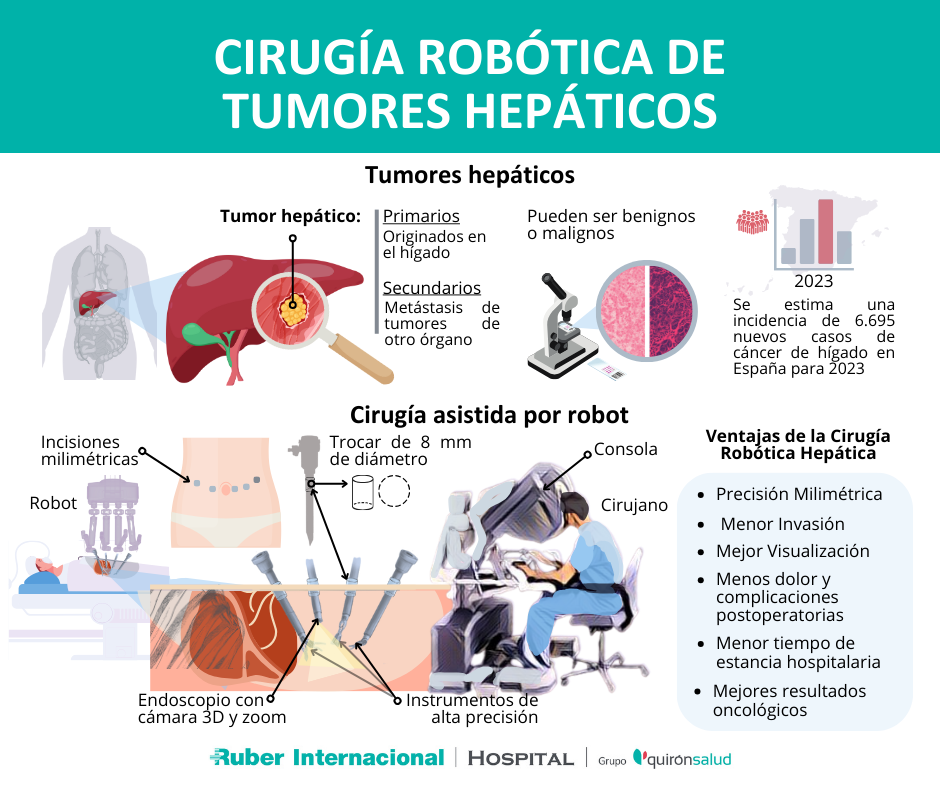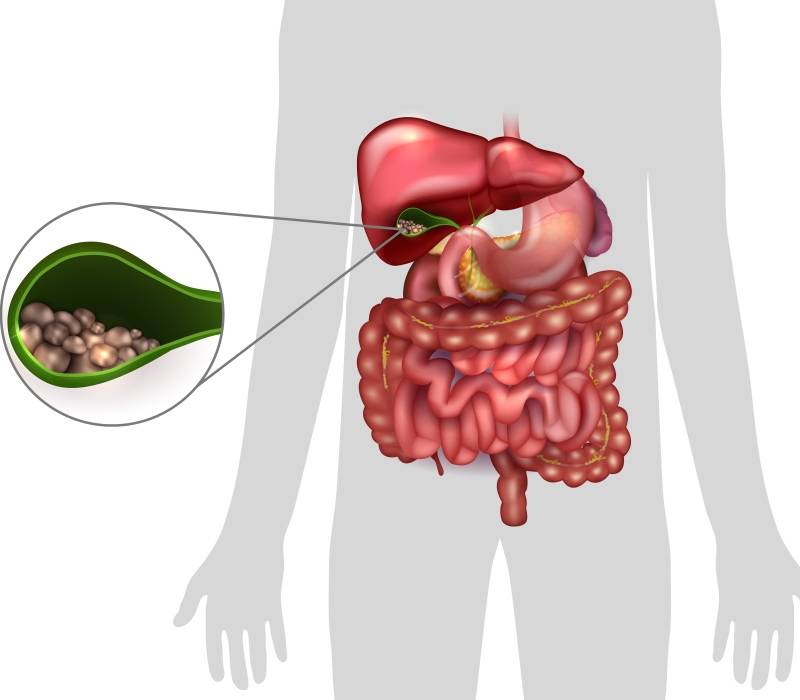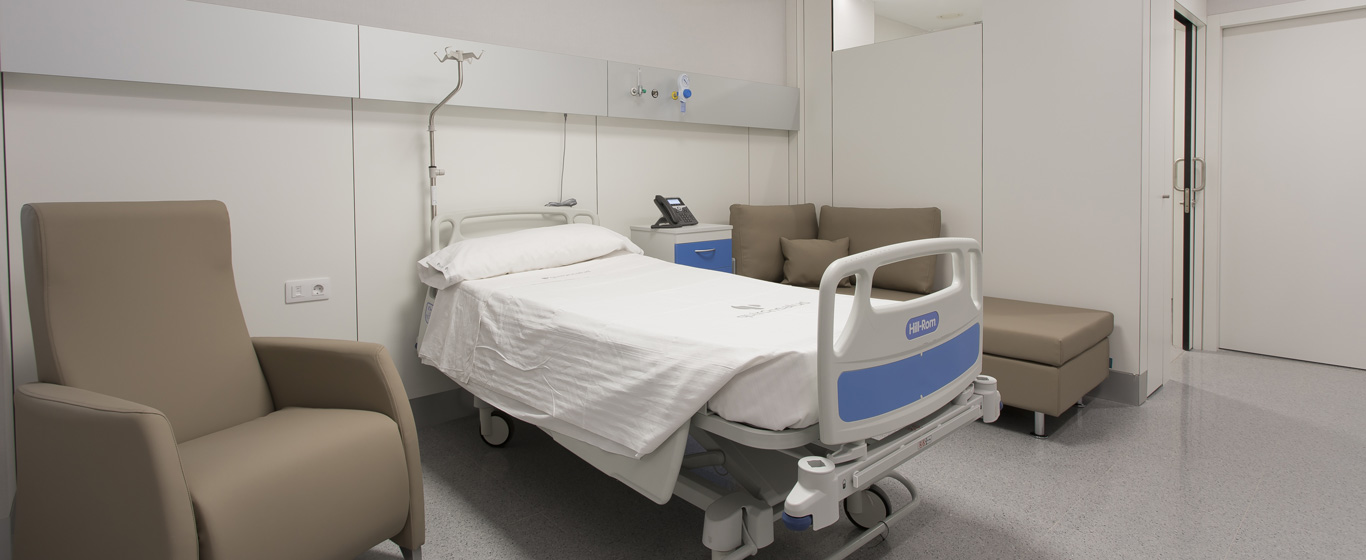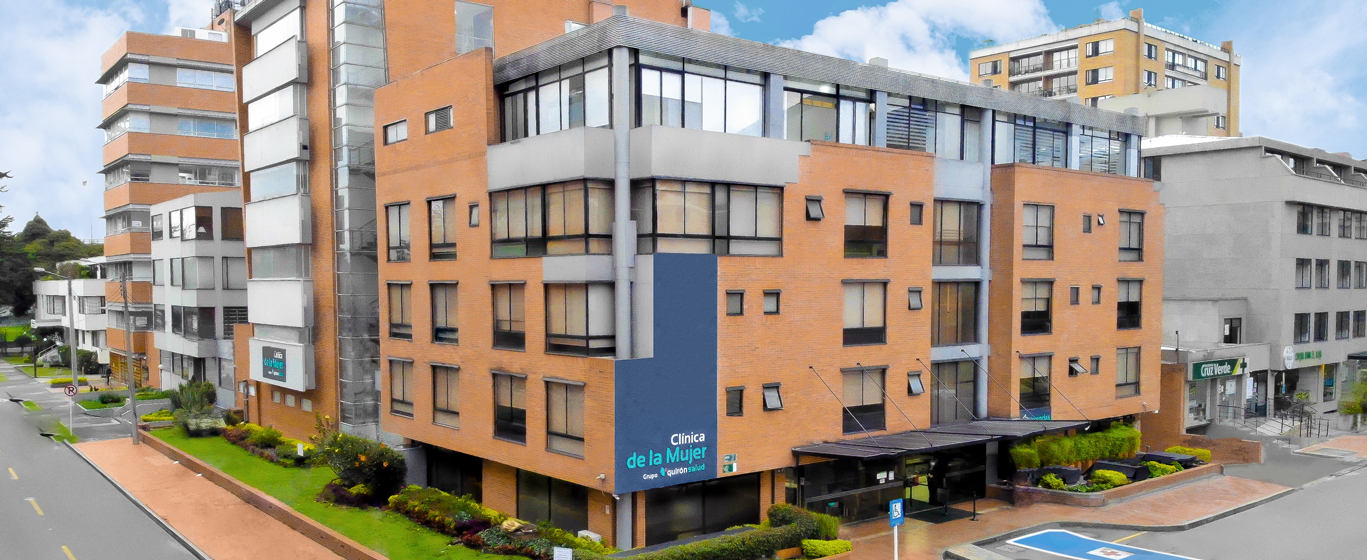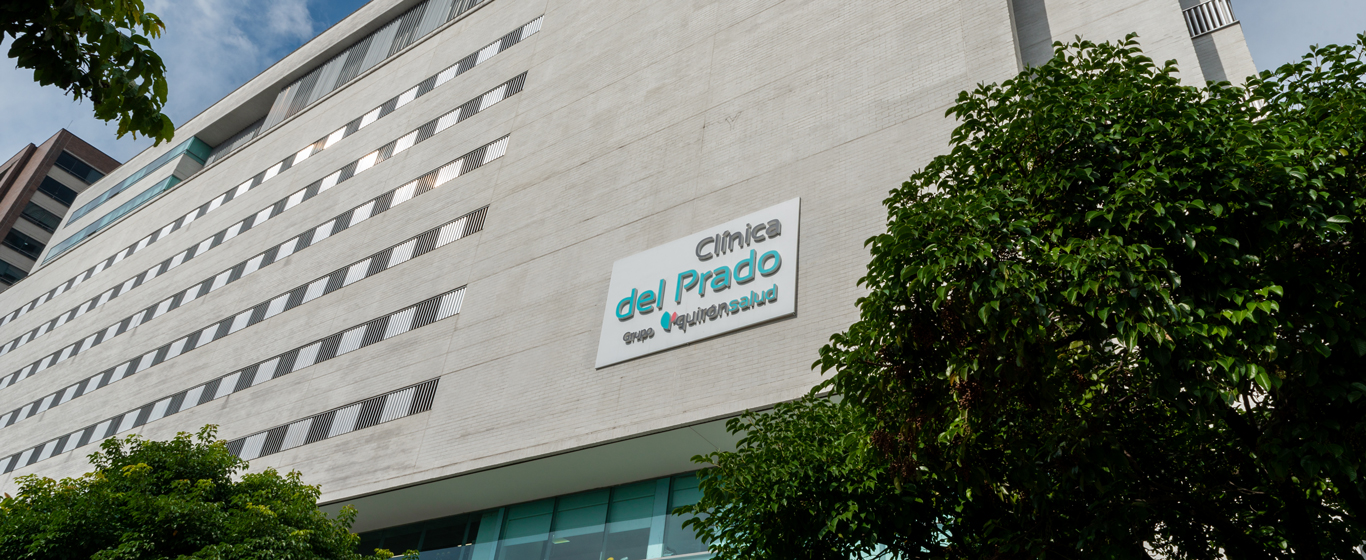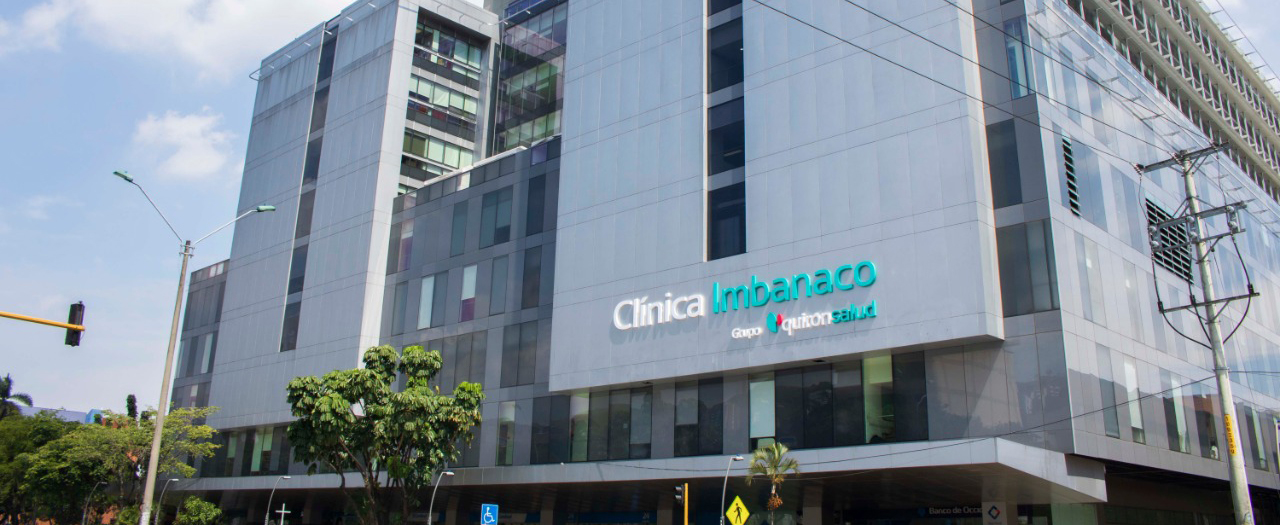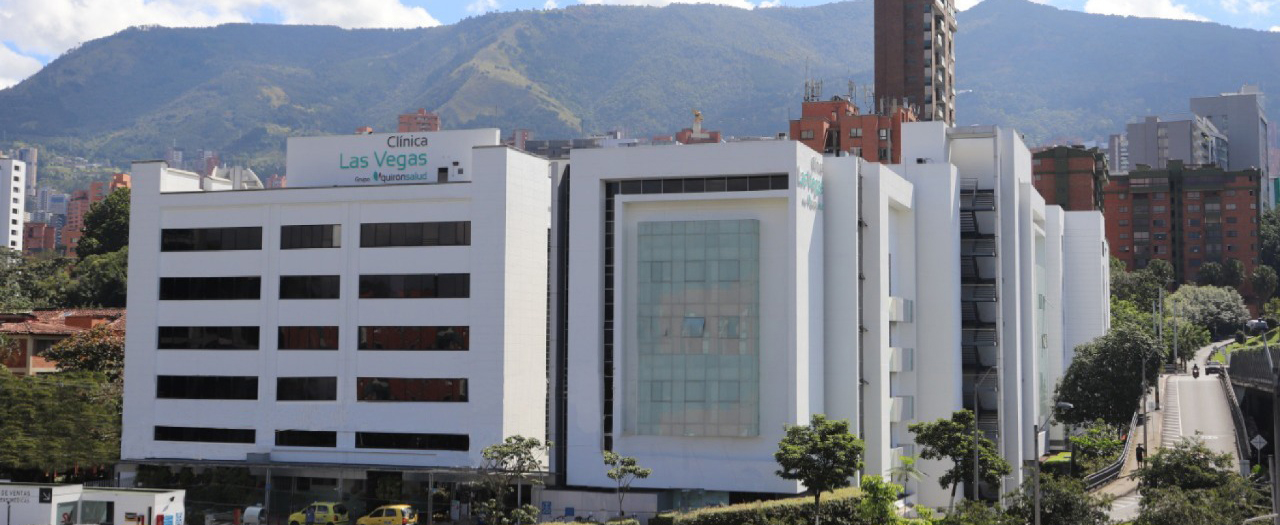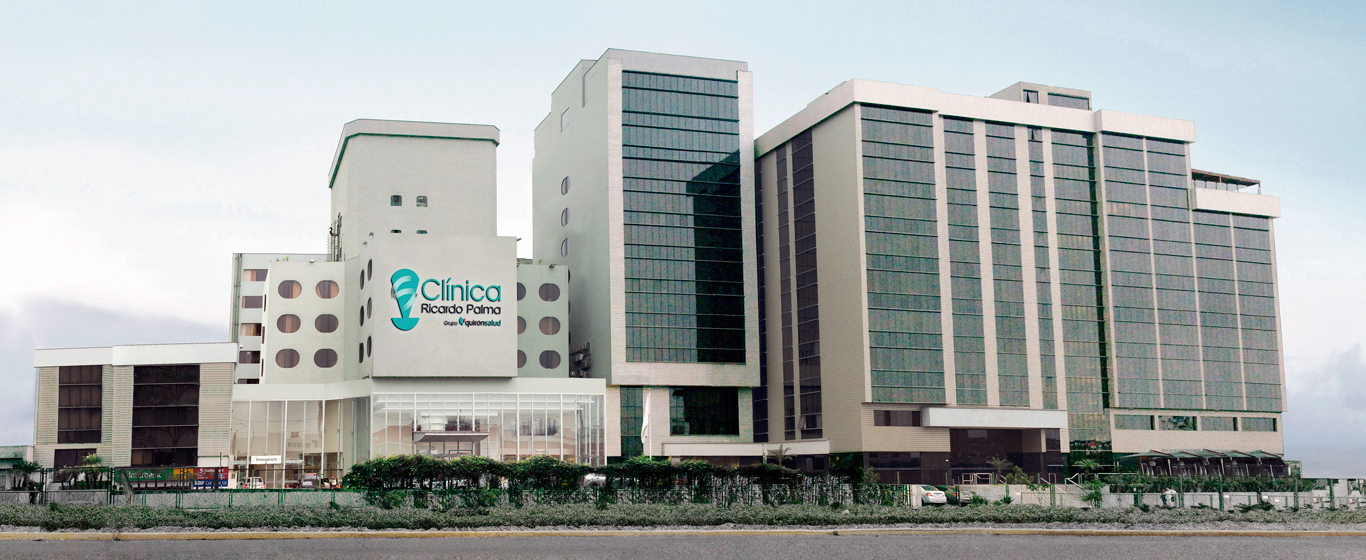General and digestive system surgery
We explain to you what general and digestive system surgery is, what techniques are most commonly used in the service, what are the most common diseases treated in this speciality and when to go for a consultation. Find your general and digestive system surgeon and book an appointment at one of our hospitals.
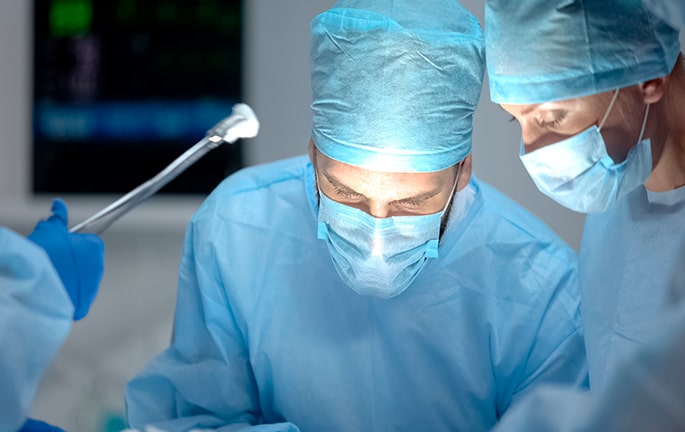
What is general and digestive system surgery?
The speciality of general and digestive system surgery treats pathologies that mainly affect the digestive system, the endocrine system, the abdominal wall, the soft tissues and the skin of any area of the body.
It deals with the prevention, diagnosis and surgical treatment of these diseases. And uses innovative, high-precision techniques for this purpose.
What does general and digestive system surgery study?
The field of study of general and digestive surgeons is very broad, covering a large area and various organs of the body. Its main objective is to find the most innovative procedures so that patients can return to their routine as soon as possible without psychological or physical sequelae. In order to achieve this, they focus their research and approach on very specific areas such as:
- Digestive system surgery: specialising in the early diagnosis and subsequent treatment of disorders affecting the stomach, oesophagus, small and large intestines, colon and rectum.
- Proctology: also called coloproctology, it deals specifically with diseases of the colon, rectum and anus.
- Hepatobiliary and pancreatic surgery: deals with the diagnosis and surgical treatment of the gallbladder, liver, pancreas and bile ducts.
- Abdominal wall surgery: mainly deals with hernias occurring in the abdomen.
- Endocrine surgery: focuses on diseases related to the thyroid and parathyroid, pancreas, and adrenal glands.
Which patients is it for?
The general and digestive system surgery service treats patients of all ages with pathologies affecting the endocrine or digestive system. It also treats people with risk factors for these conditions.
Techniques, procedures and diagnostic methods
Surgical techniques in this speciality have evolved greatly in recent years and allow us to offer an effective and minimally invasive treatment. The most commonly used in general and digestive system surgery procedures include:
- Laparoscopy: a procedure used to obtain images of the abdomen and pelvis through the use of a tube with a camera and light source inserted through a small incision made near the navel.
- Endoanal and endorectal ultrasound: ultrasound performed using a probe placed inside the rectum to study the rectum and anal canal.
Diseases and symptoms
Main pathologies and diseases
The most common diseases in general and digestive system surgery are:
- Haemorrhoids
- Appendicitis
- Hernias
- Colon cancer
- Pancreatic cancer
- Granulomas
- Cholelithiasis
- Bowel obstruction
- Bowel occlusion
- Rectal cancer
- Cancer of
Related symptoms
The symptoms associated with these pathologies are:
- Blood in faeces
- Diarrhoea
- Jaundice
- Constipation
- Vomiting
- Nausea
- Fatigue
- Dark urine
- Weight loss
- Abdominal swelling
About the general and digestive system surgery consultation
We solve any doubts you may have before you see the specialist
Given that this service involves surgical treatment, it is common for patients to be referred by other specialists. For this reason, the surgeons are usually familiar with the case and the examinations that have been performed so far.
What should you keep in mind?
During the first appointment with the general and digestive system surgeon, the patient’s medical and family history is taken and the reasons for the visit are discussed. The specialist then carries out a physical examination and orders the necessary tests to reach an accurate diagnosis.
After that, the specialist explains the different treatment options and answers any questions that may arise.
What should I take to the appointment?
We advise that you arrive at the appointment with a list of the main symptoms and any related diseases you have had in the past. We also recommend you bring, if available, reports or tests carried out by other specialists that may be useful, and the medication you are currently taking.
You may receive a questionnaire a few days before your appointment asking about your medical history, usual medication and other specific questions that will allow us to anticipate certain aspects of your consultation, helping us to expedite and personalise your care. To do this, we recommend that you download the free Quirónsalud Patient Portal application, which will facilitate communication with your healthcare team.

If you have any further questions, please contact us through the Patient Services telephone number: 900 301 013






